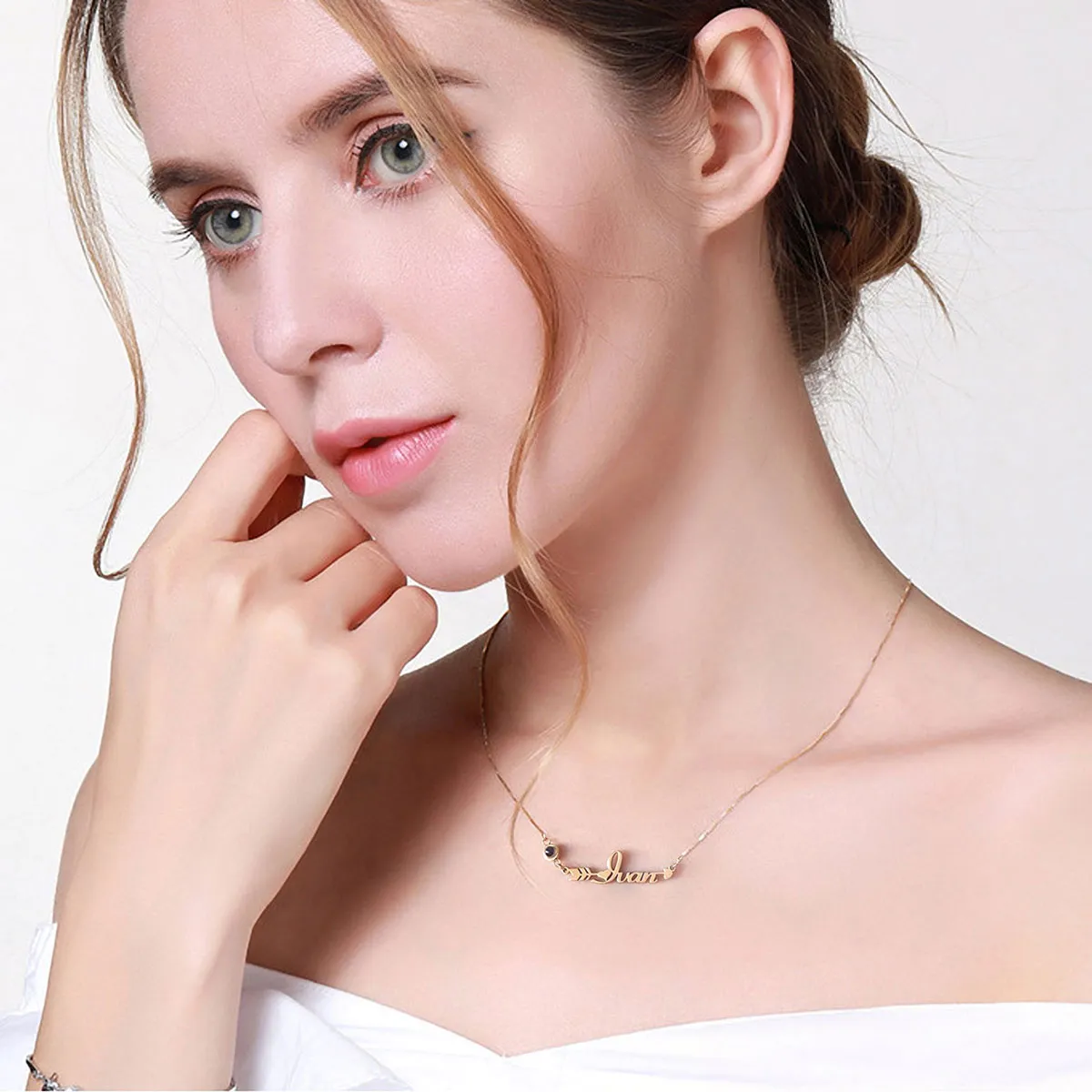
فاطمة اسم قلادة للنساء الفولاذ المقاوم للصدأ مجوهرات مطلية بالذهب لوحة سلسلة قلادة فام الأمهات صديقة هدية - AliExpress

عقد اسم فاطمه مع شوكر من الذهب عيار 18 او 21 - متجر مجوهرات احمد حيث الأناقة والابداع والروعة في المجوهرات

رمضان قرون لتغليف الهدايا - جمال إسم #فاطمة شن تقربلك #فطومة التعليقة ذهب عيار 18 ♥️ السعر 1580د وعاحسب سعر الذهب للحجز والاستفسار 0923748794 | Facebook

قلادة اسم فاطمة فضة عيار ٩٢٥ مطلية بماء الذهب صناعة تركية وطلاء ثابت نستقبل طلباتكم بكل حب 💜 خدمة التوصيل في بغداد والمحافظات🗃📦 كل ما… | Instagram

فرع المارينا) اسم فاطمه لولو ذهب عيار 18 الوزن 2.78 جرام تقريبا - مصاغات الأربش للذهب بالسعودية قسم المتجر الإلكتروني

اسم فاطمة قلادة للنساء بنات هدية عيد ميلاد مخصص اللوحة الاطفال أفضل الأصدقاء مجوهرات 18k الذهب مطلي الفولاذ المقاوم للصدأ من 38.53ر.س | DHgate




















